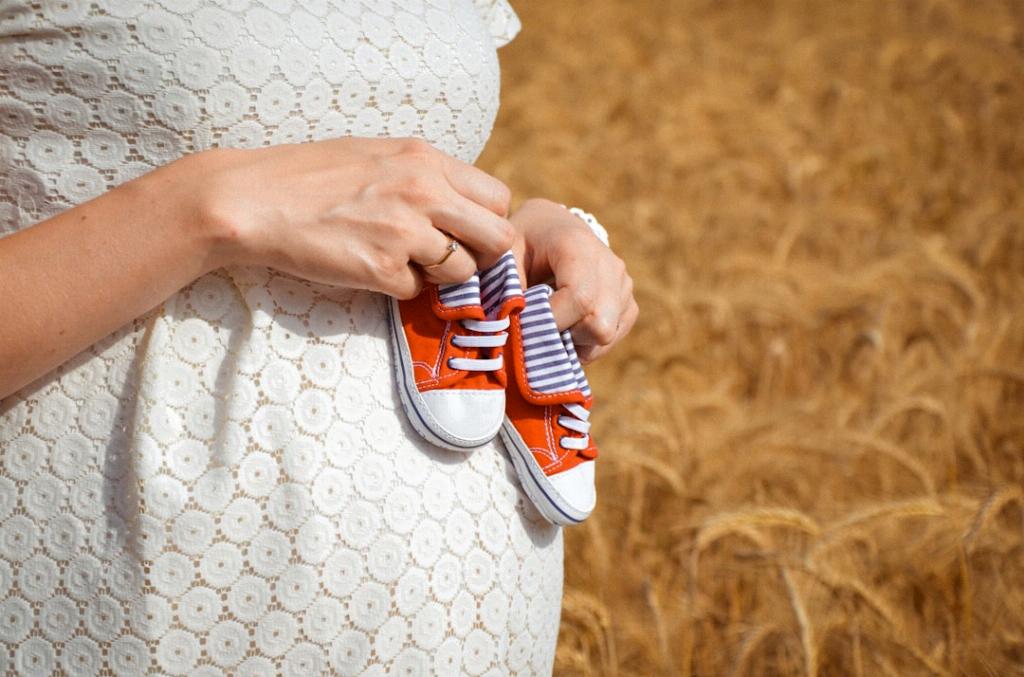When it comes to preparing for childbirth, expectant mothers often seek ways to ease the process and promote a smoother delivery. One popular method that has gained attention in recent years is Kegel exercises. These targeted pelvic floor workouts are believed to offer a range of benefits, but one looming question remains: Do Kegel exercises truly make labor easier?
The Role of Pelvic Floor Muscles
Before delving into the effects of Kegel exercises on labor, it’s crucial to understand the significance of the pelvic floor muscles. These muscles play a pivotal role in supporting the pelvic organs, bladder, and uterus – especially during pregnancy and childbirth. Strengthening these muscles can lead to improved muscle control and potentially impact the labor process.
Benefits of Kegel Exercises During Pregnancy
Many healthcare professionals recommend Kegel exercises for pregnant women as a way to enhance pelvic floor strength. By regularly engaging in these exercises, expectant mothers can better prepare their bodies for the physical demands of labor. One notable benefit is the potential to experience shorter pushing phases during delivery, which can contribute to a more manageable labor experience.
Enhancing Muscle Control
As labor approaches, the ability to control pelvic floor muscles becomes increasingly important. Through consistent practice of Kegel exercises, pregnant individuals can heighten their muscle awareness and facilitate greater control over these crucial muscles. This enhanced muscle control may translate to more effective pushing during labor, potentially leading to a smoother delivery process.
Reducing the Risk of Complications
Another notable advantage of incorporating Kegel exercises into pregnancy routines is the potential to reduce the risk of certain complications. Strengthening the pelvic floor muscles can help prevent issues such as urinary incontinence and pelvic organ prolapse postpartum. By proactively addressing these concerns, individuals may experience improved overall pelvic health and potentially a more comfortable recovery period.
Building Preparation and Confidence
In addition to the physical benefits, engaging in Kegel exercises can also contribute to psychological readiness for labor and delivery. By actively participating in exercises that target core muscles essential for childbirth, expectant mothers may feel more prepared and empowered as their due date approaches. This sense of readiness and confidence can positively influence the labor experience.
Consulting with Healthcare Providers
While exploring the potential impact of Kegel exercises on labor, it’s essential for pregnant individuals to consult with their healthcare providers. Obstetricians, midwives, or pelvic health specialists can offer personalized guidance on incorporating Kegel exercises into a pregnancy fitness routine. Tailored advice from healthcare professionals ensures that exercises are performed safely and effectively.
Individualized Approach to Exercise
Every pregnancy journey is unique, and the impact of Kegel exercises on labor may vary from person to person. Factors such as overall health, fitness levels, and previous childbirth experiences can influence the effectiveness of pelvic floor workouts. Embracing an individualized approach to exercise and seeking professional guidance can help maximize the benefits of Kegel exercises for labor preparation.
Maintaining Consistency and Persistence
Like any fitness regimen, the key to reaping the benefits of Kegel exercises lies in consistency and persistence. Integrating these exercises into a daily routine and maintaining regular practice can enhance pelvic floor strength over time. By committing to a dedicated exercise schedule, pregnant individuals can optimize their muscle conditioning in preparation for labor and delivery.
Embracing Holistic Pregnancy Wellness
Beyond physical fitness, holistic wellness plays a crucial role in promoting a positive pregnancy experience. Integrating Kegel exercises into a comprehensive wellness plan that includes nutritious diet, adequate rest, and emotional support can enhance overall well-being during pregnancy. By focusing on a holistic approach to pregnancy care, individuals can nurture their bodies and minds for the journey ahead.
Final Thoughts on Kegel Exercises and Labor
While the impact of Kegel exercises on labor outcomes may vary for each individual, there is evidence to suggest that strengthening the pelvic floor muscles can offer numerous benefits during pregnancy and childbirth. By incorporating these exercises into a well-rounded fitness routine, expectant mothers can potentially enhance muscle control, reduce the risk of complications, and feel more prepared for the labor process. Ultimately, a personalized approach to exercise, coupled with guidance from healthcare providers, can empower pregnant individuals to embark on their childbirth journey with strength, confidence, and readiness.

